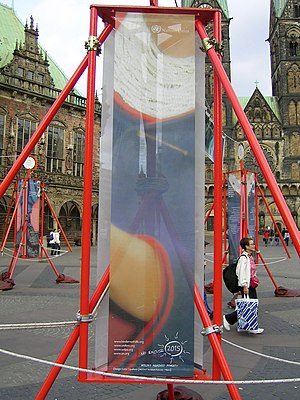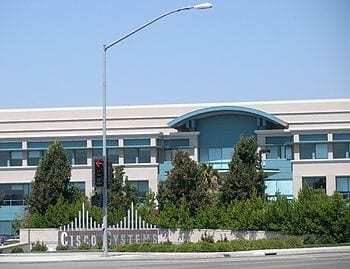- Image via Wikipedia
The United Nations has called for universal access to modern energy services by 2030
Lifting the curtain of darkness that surrounds world populations that have no access to energy was never among the United Nations’ Millennium Development Goals for eradicating poverty.
But Richenda Van Leeuwen, the U.N. Foundation’s new point woman on energy poverty, said leaders widely recognize the impossibility of achieving universal primary school education, reducing child mortality or other development targets without access to electricity.
To that end, the United Nations has called for universal access to modern energy services by 2030. At the same time, it has challenged the world to reduce energy intensity of 40 percent by that same year. If those two goals are met, the United Nations calculates, global emissions will increase by only 1.3 percent.
Van Leeuwen’s job is to help the United Nations expand access to modern energy for the 1.5 billion people who don’t have it — and do so in a way that doesn’t cause the world’s greenhouse gas emissions to skyrocket. She believes it’s a goal the world can reach.
“There are so many new solutions that didn’t exist even five or 10 years ago,” Van Leeuwen said. Noting the progress the world has made in other areas, like toward the eradication of polio, she said, “You can really focus like a laser beam on a particular problem. It’s a question of political will.”
An alliance for clean cookstoves
Over the next several months, Van Leeuwen will be working on a series of U.N. initiatives, including a new Global Alliance for Clean Cookstoves that will launch today. Secretary of State Hillary Rodham Clinton will announce the group’s formation in New York as part of the Clinton Global Initiative.
The aim is to find cleaner alternatives for the roughly 3 billion people whom U.S. EPA estimate cook their food and heat their homes by burning coal, wood, animal dung or other materials over open flames or rudimentary stoves — leading to serious health problems and potent contributions to global climate change in the form of black soot.
Also today, the International Energy Agency is expected to issue an early excerpt of its World Energy Outlook that specifically examines challenges of energy access. According to the IEA, about 2.7 billion people — about 40 percent of the global population — still rely on the traditional use of biomass for cooking.
“Lack of access to modern energy services is a serious hindrance to economic and social development and must be overcome if the UN Millennium Development Goals (MDGs) are to be achieved,” the IEA contends. “Worse, without additional dedicated policies the problem will persist and even deepen in the longer term.”
The larger role that clean energy may play in addressing energy challenges is still unclear. Increasingly, though, countries do seem to be turning to decentralized renewable energy. That was evident at a recent meeting of the Africa-E.U. Partnership, where leaders maintained that scaling up sustainable and renewable energy needs to be integrated into development policies.
Small-scale solar growing fast










